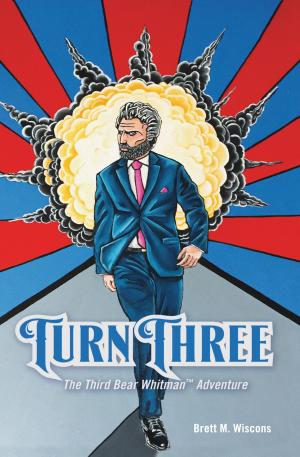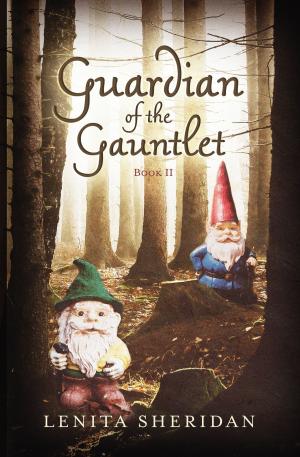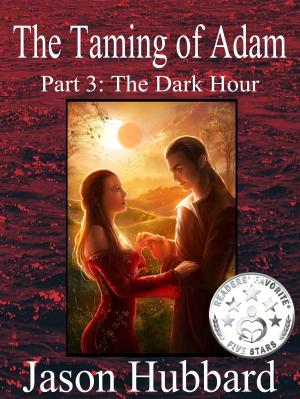| Author: | A. Robert Basile | ISBN: | 9781483576350 |
| Publisher: | BookBaby | Publication: | July 17, 2016 |
| Imprint: | BookBaby | Language: | English |
| Author: | A. Robert Basile |
| ISBN: | 9781483576350 |
| Publisher: | BookBaby |
| Publication: | July 17, 2016 |
| Imprint: | BookBaby |
| Language: | English |
There is a great man hidden away. Beneath what he thought was real, dressed in what he has invented as his real. In his mind, Graham Barton was a man of many sights and experiences. His memories are of his own creation, and his reality is a collage of those things. A son with no mother, a disciple with no God, and a writer who can no longer write but has become determined to do so. Sleeplessness is his key; a self induced insomnia inspired by a song he once heard will be his vehicle to drive creation and break his block. Regardless of the repercussions, he devotes himself to do the only thing he believes he knows how to do. With him, a guardian angel. A sweet and simple girl whose life as been protected by walls and survival mechanisms which surround and contain a past she hopes to forget. She and Graham are similarly different. Lydia Greene studies Graham, his mind and habits. She learns from him, hates him, and simultaneously watches him chisel her walls away without her explicit permission all while unknowingly teaching her the difference between the denotation of life, and the connotation of living. Locked away in a hotel room, sequestered by his publisher as a final grasp at a once tangible greatness, Graham violently combats his demons and exposes Lydia's own until the demons dictate a new perception of each of their realities. Along their exploration, they meet others whose lives seem inconsequential and ancillary but in turn are gravities that push and pull against Graham's and Lydia's worlds. Each of these strangers tells his own story from his own voice, exposing how a brief and simple interaction with a stranger can wildly spin normalcy into a reinvented perception. Lydia fears the process. She disbelieves the value of the ends by the violence of the means as she reluctantly examines herself through the eyes of an insomniac madman. Watching Graham descend, Lydia will find herself in places and situations she could never have possibly dreamed for the better and the worst. What value does the art have when its creation drives the artist toward insanity?
There is a great man hidden away. Beneath what he thought was real, dressed in what he has invented as his real. In his mind, Graham Barton was a man of many sights and experiences. His memories are of his own creation, and his reality is a collage of those things. A son with no mother, a disciple with no God, and a writer who can no longer write but has become determined to do so. Sleeplessness is his key; a self induced insomnia inspired by a song he once heard will be his vehicle to drive creation and break his block. Regardless of the repercussions, he devotes himself to do the only thing he believes he knows how to do. With him, a guardian angel. A sweet and simple girl whose life as been protected by walls and survival mechanisms which surround and contain a past she hopes to forget. She and Graham are similarly different. Lydia Greene studies Graham, his mind and habits. She learns from him, hates him, and simultaneously watches him chisel her walls away without her explicit permission all while unknowingly teaching her the difference between the denotation of life, and the connotation of living. Locked away in a hotel room, sequestered by his publisher as a final grasp at a once tangible greatness, Graham violently combats his demons and exposes Lydia's own until the demons dictate a new perception of each of their realities. Along their exploration, they meet others whose lives seem inconsequential and ancillary but in turn are gravities that push and pull against Graham's and Lydia's worlds. Each of these strangers tells his own story from his own voice, exposing how a brief and simple interaction with a stranger can wildly spin normalcy into a reinvented perception. Lydia fears the process. She disbelieves the value of the ends by the violence of the means as she reluctantly examines herself through the eyes of an insomniac madman. Watching Graham descend, Lydia will find herself in places and situations she could never have possibly dreamed for the better and the worst. What value does the art have when its creation drives the artist toward insanity?















